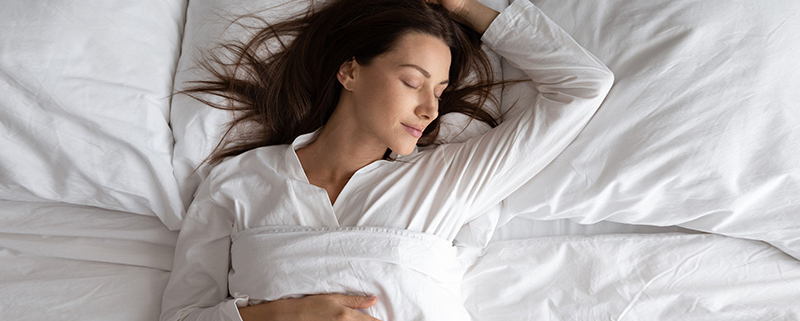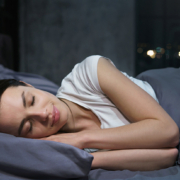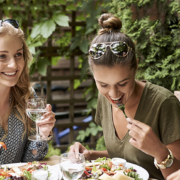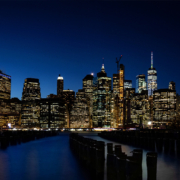Healthy sleep
“And the human body is nourished in two ways: it is filled with food and restored through sleep” (Hildegard of Bingen 1098-1179).
Dark light
There are no biological phenomena that do not depend, either directly or indirectly, on the alternation of light and dark. The presence or absence of a light signal translates into an electrochemical signal sent from the eyes to the pineal gland and from there to the hypothalamus, triggering the release of serotonin in the presence of light, and of melatonin when it gets dark. The alternation of light/dark periods is what activates the orthosympathetic autonomic nervous system during the reactive stage of wakefulness, and consequently counter-regulates the parasympathetic autonomic nervous system during the recovery or resting stage.
Insomnia
Insomnia consists in the absence of sleep or feeling of insufficient or poor sleep, despite an adequate possibility to sleep. A good sleep is in fact judged not by its length, but by how the person wakes.
Insomnia has many causes and can vary in form, severity and duration. The condition of insomnia has numerous consequences such as a reduced capacity to work and drop in performance; lower productivity at work, poor collaboration and harmony with colleagues, less availability towards ‘superiors’; fewer social contacts; a higher risk of car accidents due to fatigue and the use of sleep-inducing medication; a higher rate of hospitalisation; more frequent falls and bone fractures, especially in the elderly.
Outdoor lighting
Nowadays, the big cities are often lit up with LED lights. Although more economically efficient, they also produce a lot of blue light, which is more harmful to sleep. It is therefore clear that light sources need to be designed to minimise the negative consequences on our health. Blue light has a frequency 5 times more effective in inhibiting melatonin with respect to warmer coloured lights. Moreover, in a study conducted from 1989 to 2013 at Harvard University on 110,000 women, outdoor lighting was found to be directly linked to a higher probability of developing breast cancer.
Melatonin and sleep-friendly plants
To get back to sleeping soundly, rather than resorting to sleeping pills it could be worth considering a more natural and physiological solution, for example Melatonin and other plant extracts that specifically act to promote and improve the quality of sleep, such as Eschscholzia, Red Poppy, Passionflower, Linden, Valerian, and Lemon Balm.

 Specchiasol
Specchiasol Specchiasol
Specchiasol Specchiasol
Specchiasol Specchiasol
Specchiasol Specchiasol
Specchiasol Specchiasol
Specchiasol



 Specchiasol
Specchiasol Specchiasol
Specchiasol